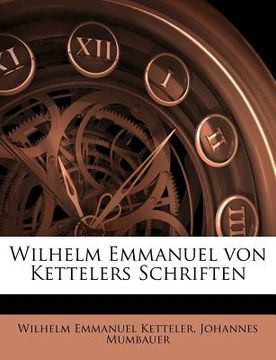What Did They Mean by That? a Dictionary of Historical and Genealogical Terms, Old and New
Synopsis "What Did They Mean by That? a Dictionary of Historical and Genealogical Terms, Old and New"
The family historian must seek out the records of the merchants, courts, legislators, and churches, as well as the everyday expressions of the common men and women, all the while striving to remain aware that just as we have created words like television, computer, microwave oven, automobile, space station, gigabyte, and airplane, and set aside words as ticking and icebox, stadle, and squabpie, our ancestors had to do the same. They made up the likes of telegraph, railroad, and telescope, and assimilated German words like hex, sauerkraut, fresh, hoodlum, and kindergarten; Spanish words such as barbeque, chocolate, and tornado; French sounds like bayou, levee, depot, and chowder; and Indian words such as hickory, pecan, hominy, moccasin, and raccoon. Though they invented the likes of popcorn, sweet potato, eggplant, bullfrog, and backwoodsman, they left behind them terms no longer needed in their daily lives. Gone were the likes of moxa (Indian moss burned on an area of the body, thought to cure gout), hautboy (oboe), gruntling (young hog), muchwhat (nearly), revelrout (a ruckus), and, from most regions of the U.S., the long "a" sounds of old England (fahst for fast, dahnce for dance, and hoff, meaning half.) In addition to terminology, such as the names of the many courts and legal processes, this collection of more than 4500 words includes many occupations, descriptions of early furniture and foods, common medical terms and herbal remedies, and many all but forgotten expressions. The words found here are seen at every turn of research; in court documents (especially inventories of estates, court entries, and lawsuits), church records, books, newspapers, letters, and songs. Mr. Drake, retired lawyer and teacher, and veteran genealogist, writes with a pleasing style that is entertaining and educational. He is the author of the popular guide, Genealogy: How to Find Your Ancestors, and You Ought to Write All That Down.

